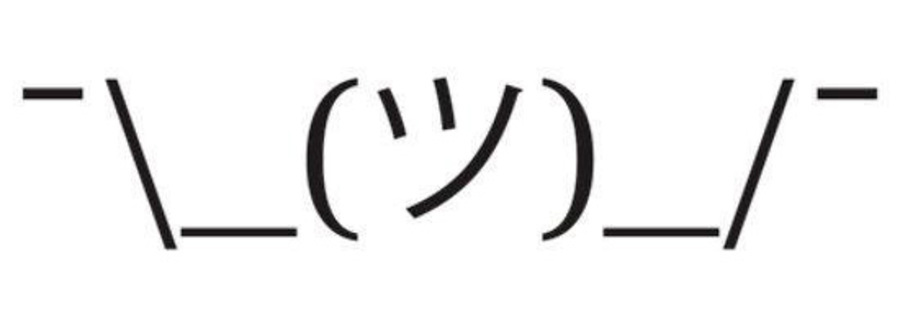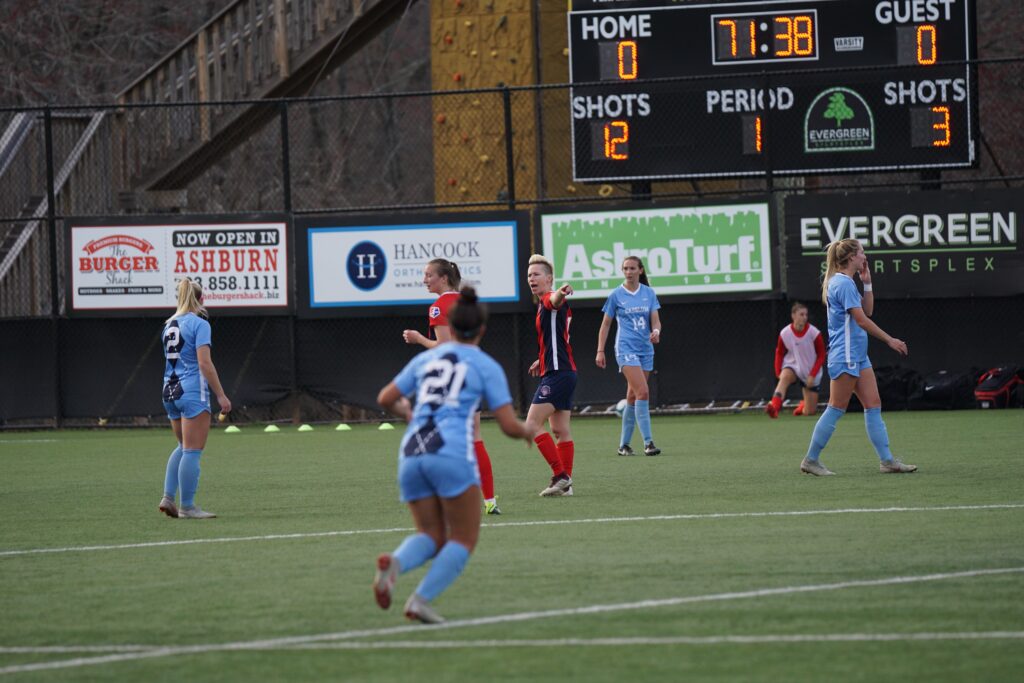Analysis reveals Hillsdale scheme would devastate Tennessee school districts
A fiscal analysis released today from Public School Partners (a group I support and am a member of) reveals that if approved, Hillsdale College’s scheme to create charter schools in five Tennessee school districts (Madison, Maury, Montgomery, Robertson, Rutherford) would cost local taxpayers some $35 million when fully implemented.
Here’s more from Public School Partners:
Five proposed charter schools affiliated with controversial Michigan-based Hillsdale College would drain more than $17 million from Tennessee suburban and rural public schools during their first year of operation and roughly $35 million per year at maximum enrollment, according to a new fiscal analysis by Public School Partners (PSP) and Charter Fiscal Impact.
As a result, the five taxpayer-funded privately run charter schools would trigger steep increases in local school districts’ budgets — with costs passed along to county commissions and, ultimately, local taxpayers. Absent significant amounts of new tax revenue, public-school students and families could be hurt as districts grapple with fixed costs stranded in existing schools — including hard-to-adjust expenses such as staffing, maintenance, transportation, and utilities.
“No matter how you run the numbers, the financial math on charter schools just doesn’t add up for Tennessee students, parents, and taxpayers,” said Dr. Donna Wright, a PSP co-founder and retired superintendent of Wilson County Schools. “Privately run charter schools that aren’t accountable to elected local school boards significantly strain local budgets, which already are being stretched thin by inflation and other cost pressures.”
A PSP analysis found that the initial cost of the charter schools in each district (Clarksville-Montgomery County School System; Jackson-Madison County School System; Maury County Public Schools; Robertson County Schools; and Rutherford County Schools) would be around $3.5 million. That’s with a projected enrollment of 340 students in each location. At full enrollment, projected at 690 students, the cost per district moves to roughly $7 million. The total cost, then, is $35 million – a cost borne by local taxpayers.
MORE from PSP on the potential impact of Hillsdale charters in the state:
Legal opinions have found the Volunteer State’s charter law violates the Tennessee Constitution because it requires local school districts to divert public funds to charters without offsetting state subsidies to account for fixed costs stranded in public schools — which amount to unfunded mandates on local governments and taxpayers.
Fixed costs account for at least 40 percent of some school districts’ budgets. Nationwide, Moody’s Investors Service found that a growing number of school districts face “financial stress” due to fixed costs. In Nashville, an independent study found that charter schools would, “with nearly 100 percent certainty, have a negative fiscal impact” on the local school district’s budget.
“Over the past decade, the explosion of charter schools in Nashville siphoned funds from neighborhood schools and ultimately helped trigger a massive county-wide property tax increase,” said Kenneth Byrd, a PSP co-founder and parent of three children in Metro Nashville Public Schools. “While it’s unfortunate for Nashville that we were at the bleeding edge of school privatization in Tennessee, hopefully our experience can serve as a cautionary tale for suburban and rural districts that now face the same threat.”
Despite Hillsdale’s attempt to expand into suburban and rural Tennessee, public support for charter schools is eroding. Last year, outrage erupted after Nashville’s WTVF-TV aired video in which Hillsdale College President Larry Arnn denigrated public-school teachers as “trained in the dumbest parts of the dumbest colleges in the country.”
Meanwhile, Tennessee voters view traditional public schools more favorably than privately run charter schools. According to a statewide poll by the State Collaborative on Reforming Education (SCORE), 68 percent of voters view public schools favorably compared with only a 41 percent favorable rating for charters. Support for charters falls to 31 percent when voters are asked for their impression of so-called “classical” charter schools, such as those affiliated with Hillsdale.
Tennessee’s track record with charter schools is abysmal. For example, Vanderbilt University researchers found the state-run Achievement School District — one of the nation’s largest and most- controversial charter-school experiments — had “not produced positive effects” despite spending nearly $1 billion in state and local taxpayer money.
Tennessee’s charter-school law adds fiscal stress to a chronically underfunded education system. In 2022, Tennessee’s per-pupil funding level ranked 45th among 50 states and the District of Columbia — earning the state an ‘F’ grade from the Education Law Center. Similarly, the EdWeek Research Center gave Tennessee an ‘F’ in spending on public education.

For more on education politics and policy in Tennessee, follow @TNEdReport



